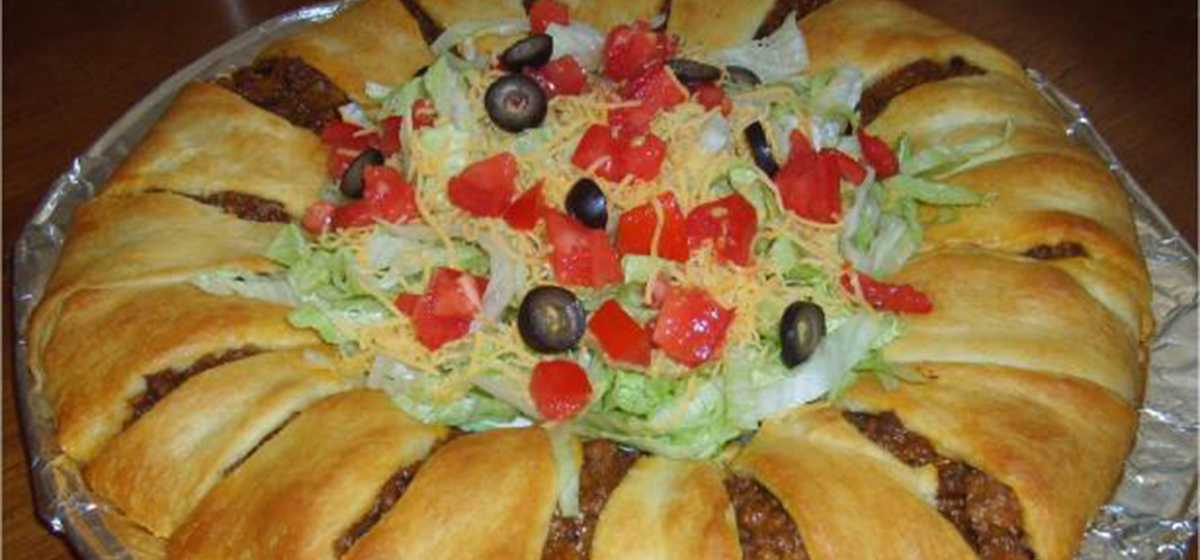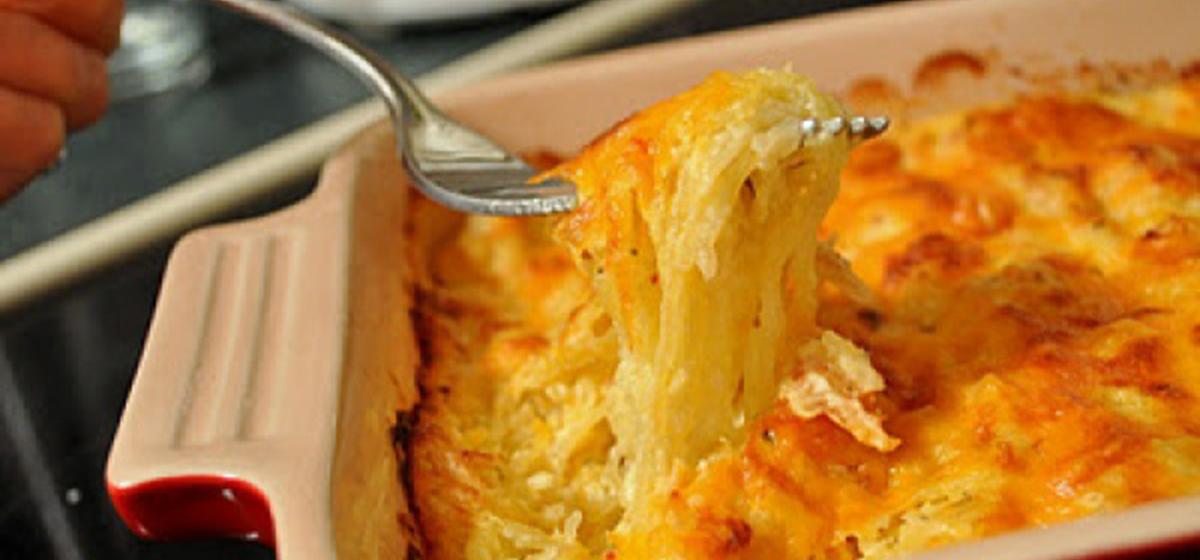 Sports have been part of Dave Elmendorf’s life for more than six decades. He excelled in and out of the classroom in high school and college, managing to be drafted in both football and baseball before embarking on a professional career. He spent nine years with the Los Angeles Rams, a career that culminated with a starting spot in the 1980 Super Bowl. He has maintained his interest and involvement in sports as a broadcaster, golf course manager, and an insightful fan. Elmendorf and his wife Mamie spent some time with Postcards, discussing his career, the importance of academics, and other timely topics.
Sports have been part of Dave Elmendorf’s life for more than six decades. He excelled in and out of the classroom in high school and college, managing to be drafted in both football and baseball before embarking on a professional career. He spent nine years with the Los Angeles Rams, a career that culminated with a starting spot in the 1980 Super Bowl. He has maintained his interest and involvement in sports as a broadcaster, golf course manager, and an insightful fan. Elmendorf and his wife Mamie spent some time with Postcards, discussing his career, the importance of academics, and other timely topics.
I was born in San Antonio, moved to Corpus Christi, but I really grew up in Houston. I went to Westbury High School, graduating in 1967. I was offered scholarships and recruited by several universities. My father, Ed Elmendorf, was an Aggie (class of ’39), and that made a difference, as did Gene Stallings (the Aggies’ football coach). He told me he would permit me to play baseball as well as football at A&M.
I was an economics major and a math minor.
A 3.8, I think.
Mamie: He did and does. He is very smart.
Dave says nothing, remaining humbly noncommittal.
 Mamie is my second wife. I met my first wife when I went to the Rams. We were married, divorced, married, and divorced…
Mamie is my second wife. I met my first wife when I went to the Rams. We were married, divorced, married, and divorced…
Mamie: He picked the wrong woman.
Dave: I just wouldn’t give up, I guess. But I met Mamie when I moved back to Houston. I opened a health club, and Mamie worked with a company that sold me equipment for the club. Later, I opened a sports bar, and Mamie worked for Miller Distributing, and she was my contact. In the 1990s, we ran into each other at a social event, and we started dating. We married eighteen months later, and we’ve been married for more than 17 years.
I liked the sport that was in season.
On offense I played fullback, tailback, and wide receiver. I began playing defense as a linebacker, but I moved to safety, and that’s where I stuck for the rest of my career.
I played left field my freshman year, and I moved to center field later. That’s where I played most of my college career.
I was drafted by Atlanta out of high school; when I turned 21, I was drafted by Boston. After I graduated from TAMU, I was drafted by the Yankees in the first round in baseball, and by the Rams in football in the third round.
Elmendorf likely would have gone in the first round of the football draft, but teams were concerned he would sign with the Yankees, and didn’t want to use a top pick on a player they couldn’t sign.
It was $30,000, which sounds low by today’s sports standards, but it was a lot of money back then.
I grew up in a white, middle-class home in Houston. I went to a conservative university at TAMU, where I wasn’t exposed to much of the broader world. From that background, I am plopped into Hollywood as a professional athlete, earning lots of money for the time. It was a culture shock. I handled it relatively well, thank the Lord. Football was the easiest part, because I had always loved the sport, and I’ve always been competitive…
Mamie: Oh, yeah.
…and I could compete. My rookie year, I earned the starting job as strong safety.
That is correct.
Mamie: You played with some great players.
I played with Deacon Jones, Jack Youngblood, and Merlin Olsen. I consider myself very fortunate I ended up in that organization. I was also fortunate to play for Chuck Knox, who was hired in 1973, and we went 12-2. With him, we started a string of seven straight years in which we won the division. Those were the last seven years of my career. During that stretch, we were motivated and well-coached. We liked Knox’s philosophy. They called it “Ground Chuck”–develop a strong defense, run the ball, and keep the defense fresh. It worked for us.
Mamie: You played with Joe Namath for a year, near the end of his career.
He came to the Rams in 1977. The players, especially the single ones, were sure excited Namath was coming to the team. Our plan was to follow him around! But Namath in real life didn’t much resemble his public persona of “Broadway Joe.” He must have had great public relations people. He stayed in mostly. On the field, he battled injuries and wasn’t the same player he had been.
 It’s different for everyone, I think. The transition wasn’t much of an issue for me. I played nine seasons, never missing a game. I started my first game, my last game, and every game in between. My last game was the Super Bowl of 1980. It was a good way to go out.
It’s different for everyone, I think. The transition wasn’t much of an issue for me. I played nine seasons, never missing a game. I started my first game, my last game, and every game in between. My last game was the Super Bowl of 1980. It was a good way to go out.
Yes, Terry Bradshaw threw me one!
I could have played two or three more years, but I had never endured a major injury, and I thought, “This is a good time for me to go back to Texas.” I had already started building my health club in Houston, and it was a good transition for me.
It was a huge help, and this is a great opportunity to tell young athletes how important education is. A professional sports career is short relative to a lifespan, and you will use your education much longer than you will use your athletic skills. Even today, when athletes can make millions, there are many guys who end up on the streets. There is nothing more important than a good education.
The equipment is getting better, and the rules have made the game safer. I think football is one of the greatest games there is, and I’d do it all over again.
I think people have different concepts of the term “bullying.” I realize that bullying is not necessarily a physical phenomenon…it’s mental. But I didn’t face that issue, so it’s hard for me to speak to it.
 What’s it like to play in the Super Bowl?
What’s it like to play in the Super Bowl?It’s one of the blessings I had in my career. It was the most exciting game I’ve ever played, even though we lost. In addition to the adrenaline produced by the impending athletic contest, there is the media hype. I never experienced anything like it; it’s just phenomenal.
Gene Washington was an outstanding wide receiver for San Francisco. John Brodie was an outstanding quarterback, and he was my best friend…
Mamie looks amused at this comment.
Well, I intercepted more of his passes than any other quarterback’s.
But he was outstanding. I also played against Fran Tarkington and Roger Staubach, who were excellent. And Larry Csonka was a giant physically for those times. He was big, powerful, and fearless. When I tackled him, I took the punishment.
Mamie: And Earl Campbell.
Earl Campbell. I was an Oilers fan growing up, so it was special when we played them. In 1978, we played the Oilers. In the 4th quarter of that game, Campbell ran the ball on a sweep, and he ducked his head into Isiah Robertson’s chest. The first thing that hit the ground was the back of Isiah’s head. I cursed Isiah, because I was next. I grabbed onto a leg, and I slowed him down until help arrived. It took about three of us, but we got him down. The game was a thrill for me though, because I had grown up rooting for them, and they were a good team with Campbell.
I evolved into broadcasting, and I really enjoyed that. Before I worked as a broadcaster for the Aggies, I did some games for ESPN with the Houston Gamblers.
It goes back to education. You need a command of the English language to be a broadcaster. One other thing that helps me is I have good eyes. I can see the field well from the booth, and you need to be able to see what goes on down there and to be able to communicate it effectively.
I draw on the same perceptual skills. I see the formation, know the circumstances of the game, and anticipate what the play will be, which helps me follow the action.
Mamie: It’s interesting watching a game with him at home, because he predicts the play before it happens, and he’s usually right. Then he analyzes it, and shortly after you hear the broadcasters say the same thing.
Well, as I’ve noted, the student should study hard and do well in English. I also encourage young people to investigate internships. If the student can get involved in some capacity in the athletic programs to learn as much as possible, it would help. But it comes back to doing well in school and then working hard. It’s the philosophy I followed.



